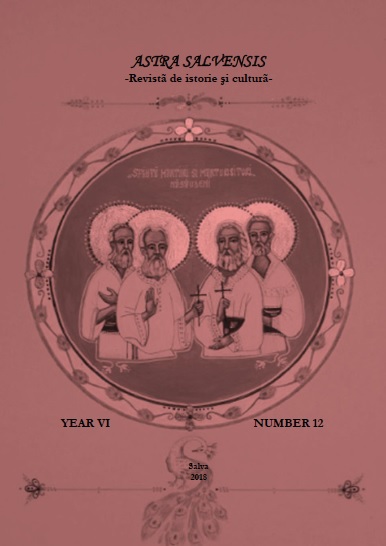Management of the Communicative Competence Development in Future Physical Education Teacher
Management of the Communicative Competence Development in Future Physical Education Teacher
Author(s): Alyia Mombek, Sholpan KULMANOVA, Galina Kolesnikova, Lyazat DEMEUOVA, Nuraim IBRAGIMOVASubject(s): Social Sciences, Education
Published by: Asociaţiunea Transilvană pentru Literatura Română şi Cultura Poporului Român - ASTRA
Keywords: communication; communicative competence; communicative component of training; level of maturity of communicative competence; physical education teacher;
Summary/Abstract: With account of specifics of work of physical education (PE) teachers, we believe the problem of formation of their communicative competence, abilities and skills to solve practical tasks in different psychological-educational situations, studying the level of development of interpersonal relationships among students, identifying their life values and forming value attitude to healthy lifestyle, opening new possibilities of personal development to their students is a topical problem. The goal of the research is to identify the level of maturity of communicative component of preparing future PE teachers for professional activity. The methods of the research are testing, self-evaluation of students using questionnaires, tests, and inquiry forms, analysis, methods of mathematical statistics. During the empirical study we have established that future PE teachers have to develop their ability to create communicative environment for successful interpersonal interaction with students. Comparative analysis of the results of maturity of communicative competence of future PE teachers has shown dynamics of formation of communicative competence of students. The experiment has shown that in the basis of the development of communicative competence of future PE teachers students of experimental groups (EG) taught by the methodology presented in the study show better results than students of control groups (CG). It has been proved that the level of interaction depends on the effectiveness of group work. Regular interaction of EG students during the trainings contributed to the formation of communicative competence of future teachers, which was reflected in effective mastering of models of pedagogical communication.
Journal: Astra Salvensis - revista de istorie si cultura
- Issue Year: VI/2018
- Issue No: 12
- Page Range: 211-220
- Page Count: 10
- Language: English

